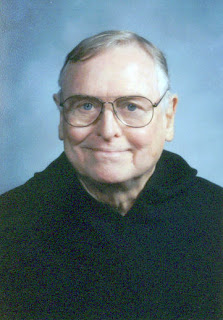My article in the current Adoremus Bulletin includes these Hymn Tune Introits for the Sundays and major feast days of June.
Sorry, a day late and a dollar short for Corpus Christi!
June 2, Corpus Christi
He fed them with the finest wheat,
Alleluia, alleluia,
And honey from the rock to eat,
Alleluia, alleluia.
June 7, Sacred Heart
His heart’s designs forever stand,
From age to age His loving plan,
That He may save their souls from death,
In famine save their life and breath.
June 9, Tenth Sunday in Ordinary Time
The Lord, my stronghold and my light
My saving help — whom shall I fear?
The evil-doers, with their might,
Will fall themselves, when they draw near.
June 16, Eleventh Sunday in Ordinary Time
My voice, O Lord, incline to hear.
I call to You: my help, be near.
My faithful God and Savior be.
O Lord, do not abandon me.
June 23, Twelfth Sunday in Ordinary Time
The Lord God is His people’s might,
Protecting His anointed’s right.
Your heritage, Lord, save and bless,
And lead them, Lord, in righteousness.
June 24, Birth of Saint John the Baptist (during the day)
God sent a man; John was his name,
For testimony to the light.
To make God’s people fit he came:
A people righteous in God’s sight.
June 28, Evening, Vigil of Saints Peter and Paul
Th’apostle Peter, guide of all,
Worked with the Gentiles’ teacher, Paul,
And we enjoy their work’s reward:
To know the precepts of the Lord.
June 29, Saints Peter and Paul (during the day)
These men drank from the Lord’s own cup,
In triumph o’er their weakness trod.
They helped the Church to be built up,
And they became the friends of God.
June 30, Thirteenth Sunday in Ordinary Time
All people dwelling on the earth,
O clap your hands, rejoice, applaud,
And with resounding shouts of joy
Cry out unto the living God.


